With the launch of the Chinese Communist Party’s (CCP) five-year “sinicization campaign” in 2018, the regime has been working to “re-create” spiritual beliefs that are compatible with its ideologies, according to a Chinese American pastor.
“The Chinese government under the guidance of President Xi Jinping has escalated the persecution of people of faith with the ‘sinicization’ campaign, or to re-create religion to better align with the CCP ideals,” said Fu, who was a student leader during the 1989 Tiananmen Square demonstrations and a house church leader in Beijing. Fu and his wife fled to the United States as religious refugees in 1997.
Fu added that the sinicization campaign has “impacted those of all faiths in China.” “Tibetan Buddhists, Uyghur Muslims, Falun Gong practitioners, house church Christians, and Catholics have all been targeted by the Chinese government because of their religious beliefs,” he said.
With only a few months left until the 2022 Winter Olympics, Fu says it is “egregious” that China will be hosting the Games despite its record of “gross human rights abuses.” He said the 2022 Beijing Olympics “will be a test of the world’s conscience to see how we respond.”
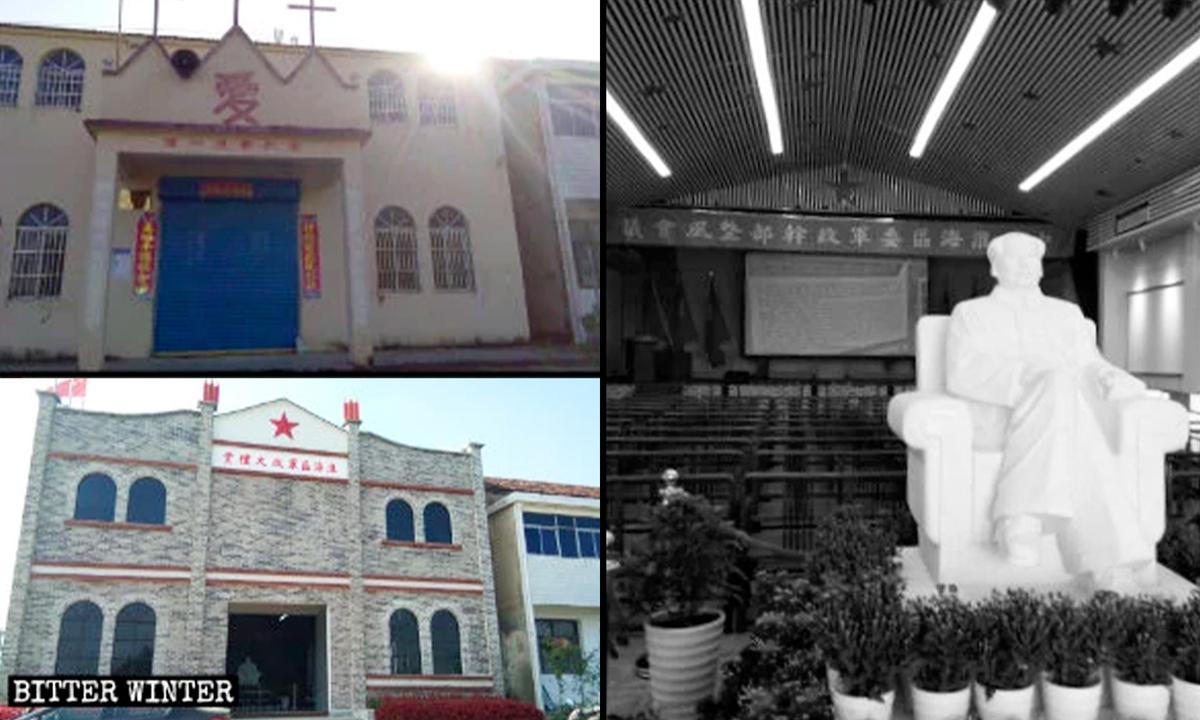
Sinicization of Christianity
According to Fu, the sinicization of Christianity is “directly linked” to the escalated persecution of house Christians. He said the act of sinicization is centered on gaining “control”—the key goal that the CCP “desires the most.”“Sinicization gives the CCP a chance to re-imagine Christianity with the government at its center. That’s why we see portraits of Jesus being replaced by Mao and Xi in state-sanctioned churches,” Fu said.
However, Fu added that despite the communist regime’s “best efforts” to persecute Christians, “Christianity continues to grow rapidly.”
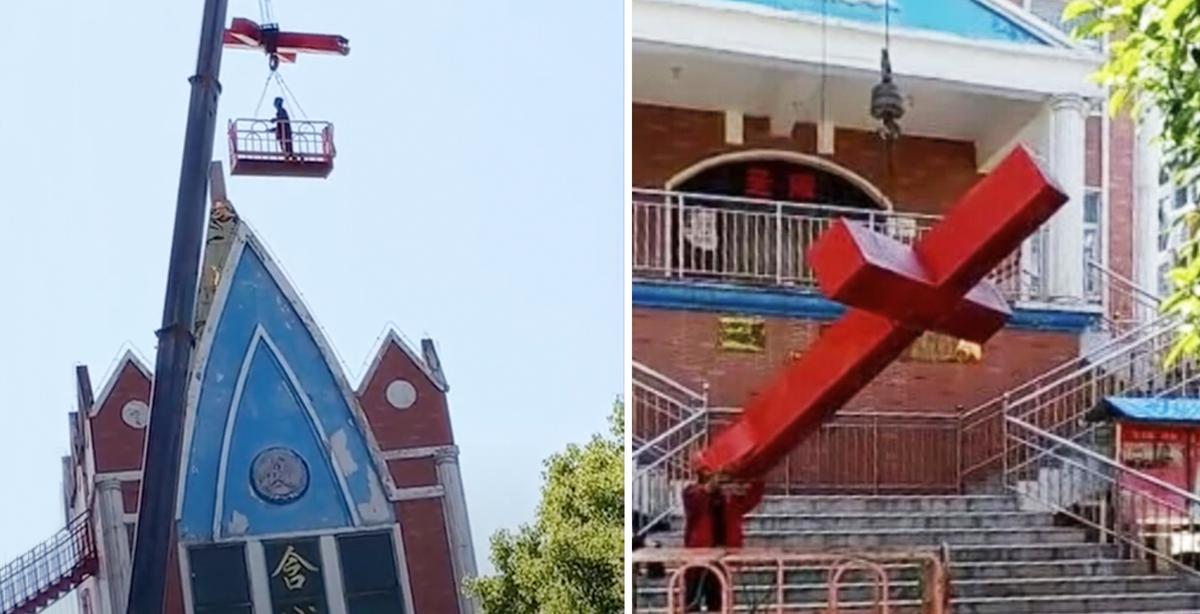
“In 2020, we saw a rise in cases involving authorities threatening or detaining Christians, outlawing house churches, as well as increases in demolishing church buildings and crosses,” Fu said. “2020 is the worst year in persecution since the end of the Cultural Revolution.”
Fu doesn’t find it surprising, either. “It is sadly unsurprising to me that the CCP would go through such lengths to alter the Gospel,” he told The Epoch Times, adding that the true teachings call for “sacrificial change” and for one’s life to be centered on the Divine, “not the CCP.”
Another 70-year-old Christian said: “The CCP has always talked about de-Westernization; it doesn’t allow Chinese people to believe in the God of foreigners, but I never expected that the Lord Jesus and saints through the ages would be transformed into Chinese people. The CCP has gone totally crazy.”
“The ultimate goal is to eliminate Christianity, and also to eliminate Taoism, Buddhism, and Islam, with only communism remaining in the end,” the anonymous leader said.
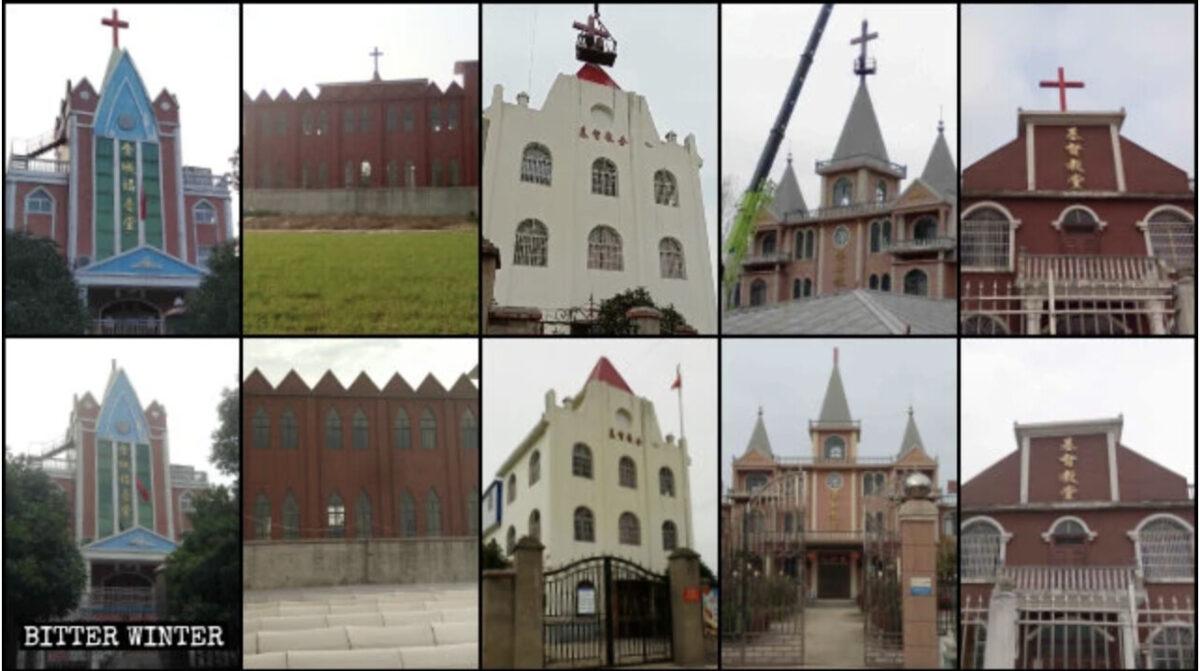
Sinicization of Other Religions
The CCP’s sinicization campaign is multi-targeted; Tibetan Buddhists and Muslims aren’t spared either.“This is nationwide. Anything with these symbols must be altered. If you obstruct [the dismantling work], the mosque will be torn down,” an officer from the Religious Affairs Bureau told local Muslims, according to the report.
“The regime doesn’t allow us to preach in accordance with the teachings of the Quran and requires us to talk about state policies before expounding scriptures,” the imam said, adding that their preaching has to be recorded and sent to the authorities.
The sinicization campaign has equally impacted Tibetan Buddhism since the campaign’s beginning. According to Bitter Winter, the CCP has since intensified the demolition of temples and the removal of symbols related to Tibetan Buddhism.
According to the same report, other elements or words related to religion were also removed. The “wisdom eyes” that were painted on a signboard, which hangs at the entrance of a temple in Shandong province, were painted over in red color.
In the same year, authorities in Hebei province instructed Tibetan words to be removed from the Xingguo Temple, which was built in the Jin Dynasty (1115–1234), according to the report.


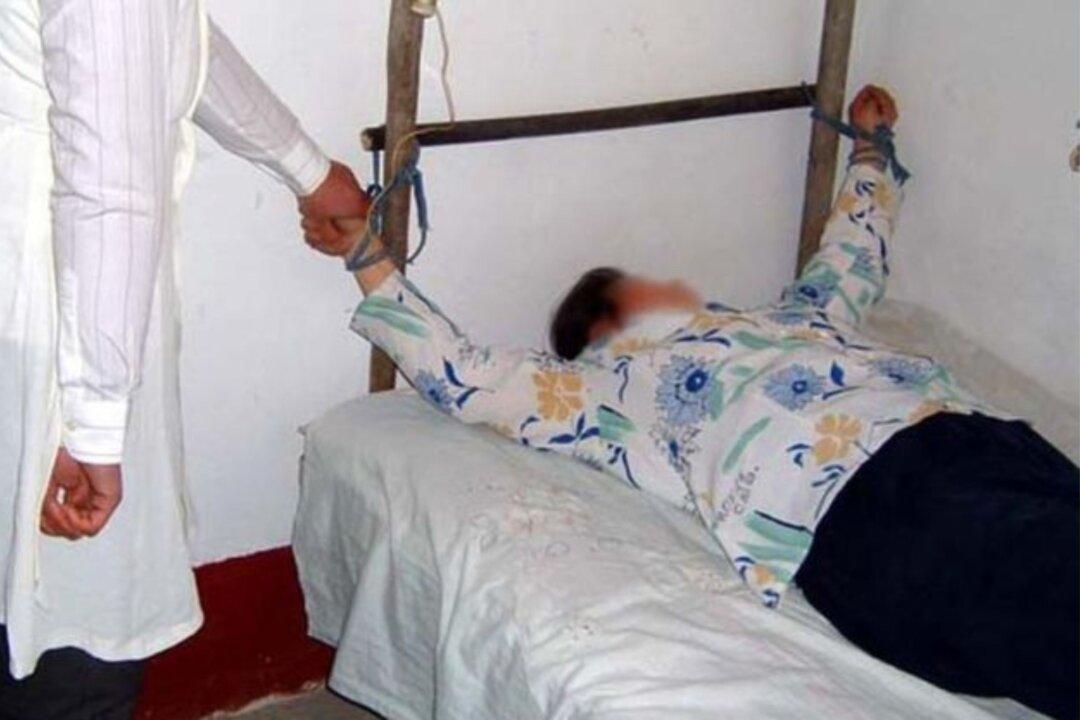

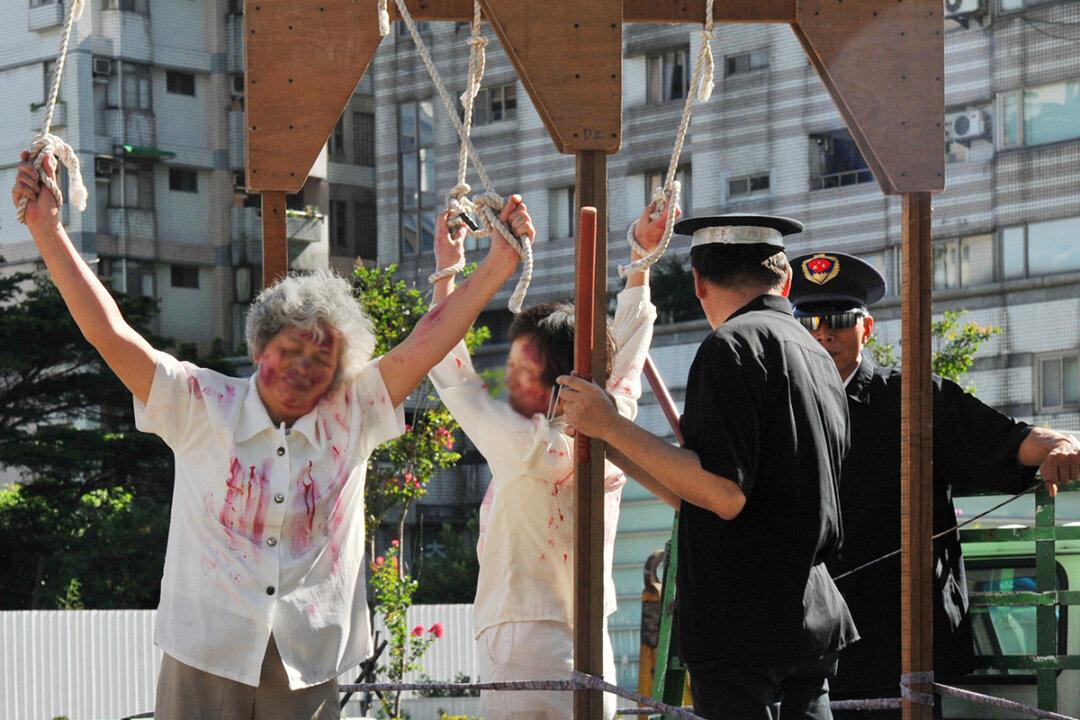
![‘Killing You Would Be the Same as Killing Ants’: Prisons Where Innocent Citizens Are Tortured [PHOTOS]](/_next/image?url=https%3A%2F%2Fimg.theepochtimes.com%2Fassets%2Fuploads%2F2023%2F12%2F09%2Fid5544114-Falun-DaFa-practitioner-1080x720.jpg&w=1200&q=75)